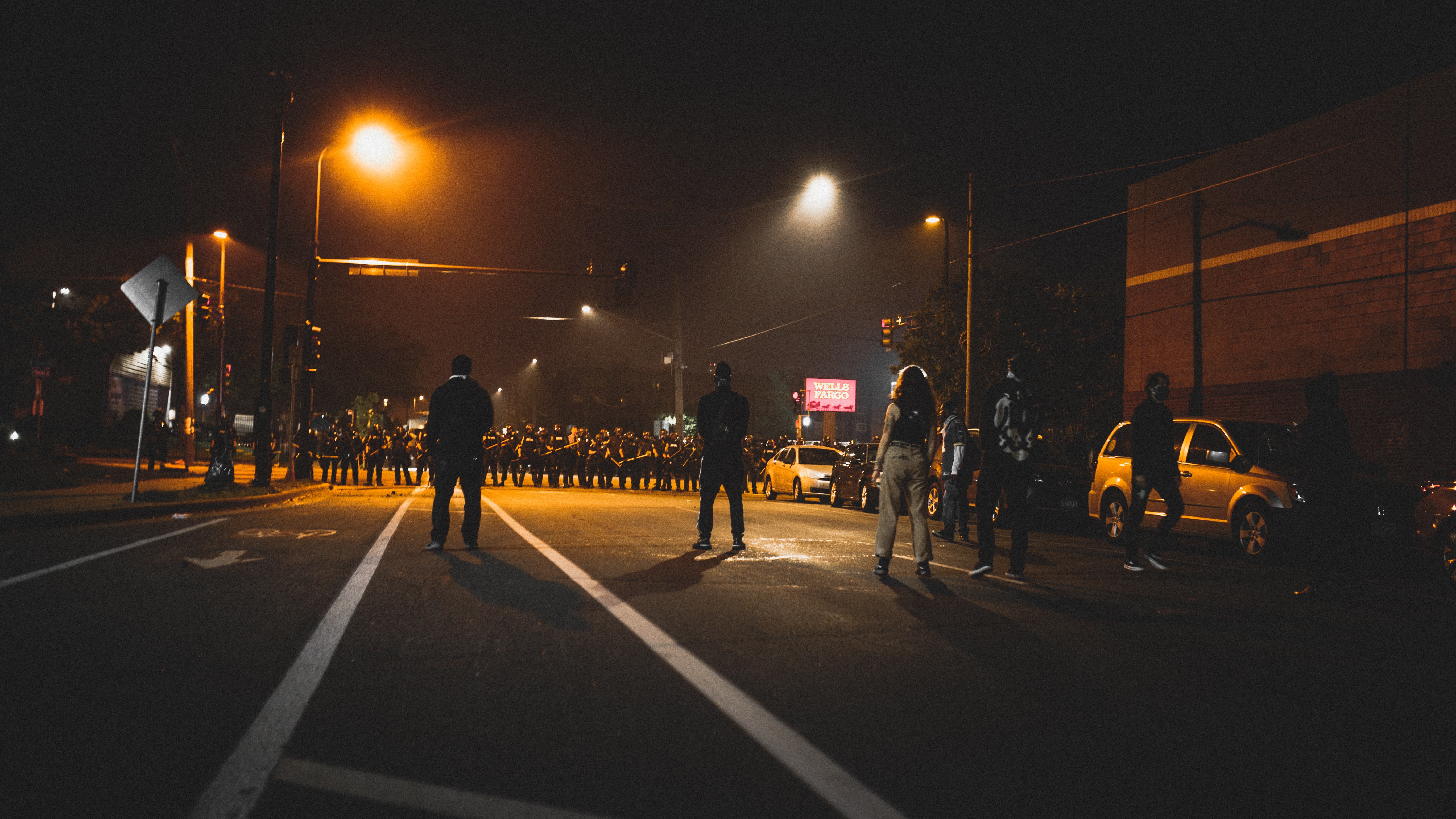This week I got a message on Facebook from one of my dear former White colleagues asking how she can learn more and support me during this time. I was so touched that tears filled my eyes, however as I began to think about it, I wondered, “Why did she message me on Facebook when she has my number?”
This revealed one of the major problems with white allyship. Allyship gives the opportunity to seem helpful from a comfortable distance that really does not help at all. Black people do not need allies, we need partners who have stake in the game, who aren’t there just to help anyone in the struggle but believe that the fight is also theirs.
I remember my grand mother telling me that in order to get half of what “they“ have I have to be 100 times more excellent. I’ve also told my nieces and nephews this… It isn’t folklore and I hope I don’t have to tell my daughter this as well.
The subtle tactic of systemic racism is to present a picture of equal opportunity while also diminishing the self esteem of Blacks by making access to “said” opportunity and upward mobility 100 times more difficult. Some of the most damaging systemic injustice against Blacks is embedded in our corporate and financial systems.
Here are 5 things you can do to support your Black colleagues as an effective partner. Warning only proceed if you are willing to take uncomfortable action:
1. Call out racism and bigotry
Decisions in corporate America are often made behind closed doors, in cliques and conversations that we are not privy to. So since you are most likely privy to those conversations be a true partner … get uncomfortable and speak out when your colleagues disparage your Black colleagues in ways that can affect their progress and promotion. This might require you to risk your relationships and clique privileges.
2. Educate yourself about the history of economic inequity and why black folks are 300 years behind white folks in wealth.
Hundreds of years of slavery and Jim Crow were swiftly replaced by systemic racism to continue to marginalize Blacks through classism. America’s economy was built on the backs of slaves, so much so that some of the first dollar bills had pictures of slaves on them. Yet for over 400 years Blacks in America had no opportunity to build generational wealth and still today are marginalized financially by systemic discrimination. Don’t pity us … put your money where your mouth is… support black businesses, mentor black colleagues, open up your cliques and associations, promote and hire Blacks equally.
3. Know the difference between BIPOC (Black Indigenous People of Color) and POC (People of Color). It is important to distinguish that BIPOC have suffered the most under white oppression in America and face very unique systemic inequities that do not apply to all People of Color. This distinction is important because we often erase indigenous people in our conversations and anti Blackness is still very prevalent in POC communities.
4. Become aware of your own implicit biases because even the best intentioned among us have biases…and this goes for all human beings regardless of race. At the root of racism is a human instinct we all learn through experience and culture…biases ….Read Blindspot Hidden Biases of Good People and try to think about your own unconscious biases, how to spot them and correct them before they affect someone else’s life or upward mobility.
5. Have deep conversations with your BIPOC colleagues … listen without defending and speak without offending. Take notes and take action. This might be the most uncomfortable experience of your life but please take heart knowing that we live with this discomfort every day when we merely leave our homes.
My dear White colleagues who are willing to be partners on the journey, this is just the beginning. I don’t expect you to go through all of this quickly, it will take time – after all we can’t undo 400 years of inequity in just a few weeks, months or years.
If you want to learn a bit more then you can look at the links below.
The Wealth Gap Explained, When They See Us, 13th, Dear White People,
Fruitvale Station, Just Mercy and The Hate U Give
Watch this for a powerful and passionate explanation
Watch this Oprah Show episode exploring implicit bias
Read Talking to Strangers and Outliers by Malcom Gladwell
Oh and if you really wanna go deep read PowerNomics by Dr. Claud Anderson
Share in the comments any insights, actions or resources you have found useful


